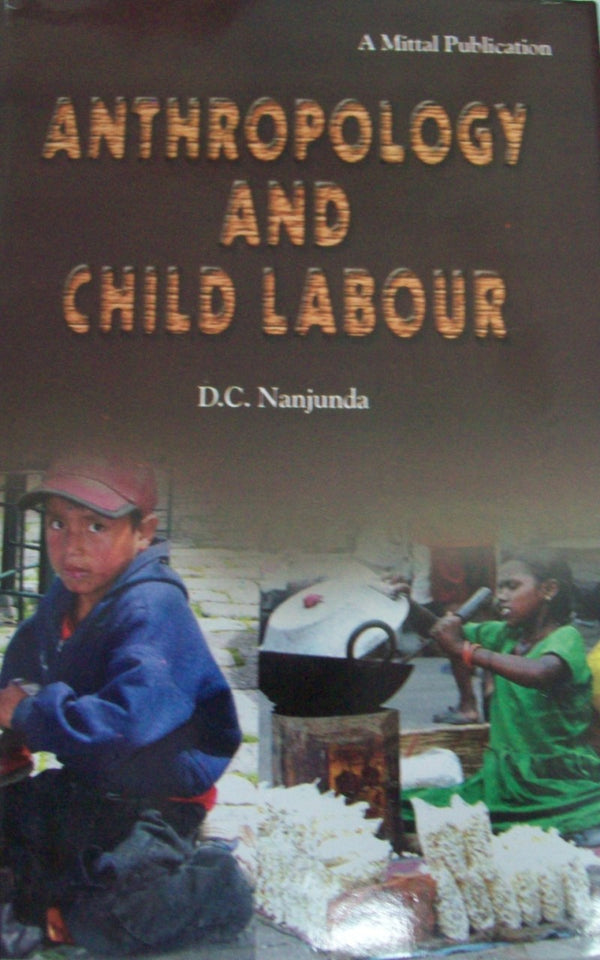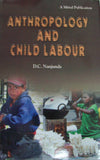Anthropology and Child Labour
Regular price
Rs. 995.00
The issue of child labour is a worldwide phenomenon and it exists in almost all the countries of this planet. Meanwhile it is very sad to write that India is one among the nations in the world, which has the unique distinction of being a large employer of child labour. The argument was that it was the industrialised West which advocated free trade against socialist controls. But when the third world needed to minimise the social cost of structural adjustment by "adopting the appropriate social security measures" in the wake of economic reforms. the demand for labour and environment to influence terms of work trade would be seen as a dangerous move towards "extra-territorial laws". Social issues relating to employment, development of skills, elimination of child labour and upgrading of skills are linked to a society's prosperity. They cannot be made part of "extra-territorial" laws since these issues are linked to a country's overall economic and social structure. A survey of case studies of child labour in India concludes that the relation of child labour and poverty is ambiguous. This reinforces the fact that child labour and schooling are not strict "opposites", so that policies directed at reducing child labour may not imply that more children are in school. Conversely, investing in schools may not draw children out of labour. The empirical literature is now quite vast, including studies from a number of countries in each continent. A striking feature of this literature is the sheer variety of results that it has produced. It is unclear whether this reflects the diversity of country experiences of child labour or whether, instead, it reflects weaknesses in methodology. This book will be highly useful for policy makers, NGOs, faculties, research students, development agencies and the general public interested in studying the growing problem of child labour in the society.
Guaranteed Safe Checkout





